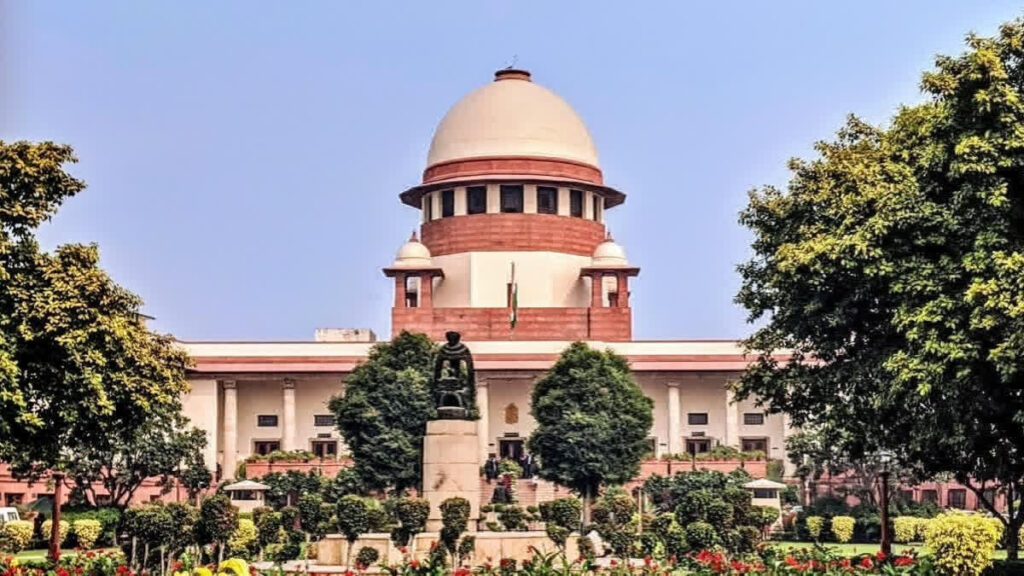Radhika Mittal
In a landmark ruling with far-reaching implications, the Supreme Court of India reaffirmed the principle that “bail is the rule and jail is the exception,” even in cases under the Prevention of Money Laundering Act (PMLA). The decision came as the Court granted bail to Prem Prakash, who is alleged to be an associate of Jharkhand Chief Minister Hemant Soren, in a money laundering case.
A Bench comprising Justices BR Gavai and KV Viswanathan emphasized that the liberty of an individual remains paramount and that deprivation of liberty must be in accordance with the procedure established by law. The Court made it clear that while the PMLA contains stringent conditions for granting bail, these conditions do not override the fundamental principle that bail is the norm.
The Court, referencing its judgment in the Manish Sisodia case( Manish Sisodia v. Central Bureau of Investigation, SLP(Crl) No. 8772/2024 ), stated, “Even in PMLA, bail is a rule and jail the exception. All that Section 45 specifies is the conditions to be met for bail. Liberty of the individual is always the rule and deprivation, by procedure established by law, the exception. Twin test does not take away this principle.”
In a significant observation, the Court also held that confessions made by an accused under the PMLA to an investigating officer would not ordinarily be admissible as evidence. The Court ruled that such confessions are subject to the bar under Section 25 of the Indian Evidence Act, which prohibits the use of confessions made to a police officer as evidence against the accused.
The Bench elaborated, stating, “We hold that the statement of the appellant, if to be considered as incriminating against the maker, will be hit by Section 25 of the Evidence Act since he has given the statement whilst in judicial custody, pursuant to another proceeding instituted by the same Investigating Agency. Taken as he was from the judicial custody to record the statement, it will be a travesty of justice to render the statement admissible against the appellant.”
The Court noted that whether Section 25 of the Evidence Act applies in PMLA cases will need to be determined on a case-by-case basis. However, in the present case, the Court found that the trial was delayed and there was a long list of witnesses yet to be examined.
Furthermore, the Court concluded that Prem Prakash was not prima facie guilty of the offences charged against him and that he was unlikely to tamper with the evidence. Based on these considerations, the Court deemed it appropriate to grant bail.
Prem Prakash was granted bail upon furnishing a bail bond of ₹5 lakh, with two sureties of an equivalent amount, and additional conditions to be determined by the trial court.
The legal team for Prem Prakash included Senior Advocates Ranjit Kumar and Siddharth Agarwal, along with Advocates Indrajit Sinha, Sneh Singh, Anusuya Sadhu Sinha, Sowjhanya Shankar, Harsh Yadav, and Siddharth Naidu, briefed by KSN & Co. Representing the Enforcement Directorate were Additional Solicitor General SV Raju, supported by Advocates Zoheb Hossain, Annam Venkatesh, Kanu Agrawal, Mrigank Pathak, Aakriti Mishra, and Arvind Kumar Sharma.
Name of the case : Prem Prakash vs. Union of India through the Directorate of Enforcement
Bench : Justices BR Gavai and KV Viswanathan.
Click here to access the Judgment

